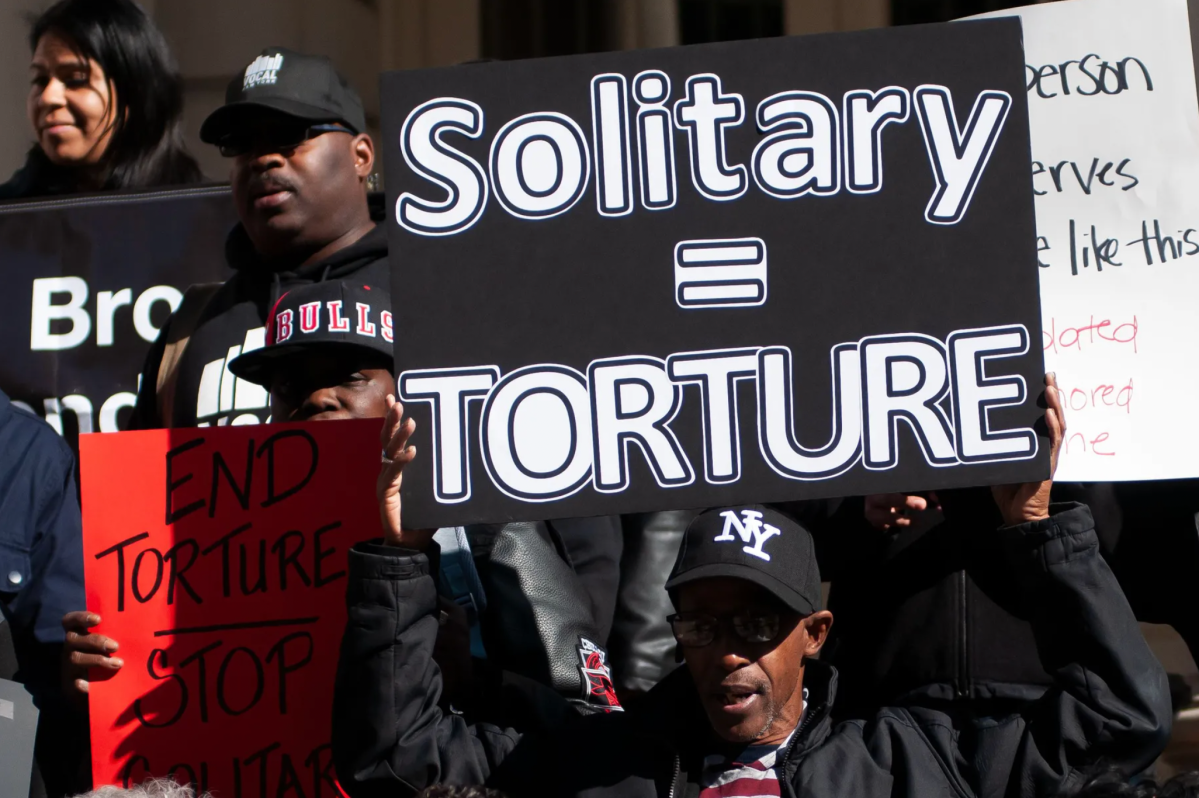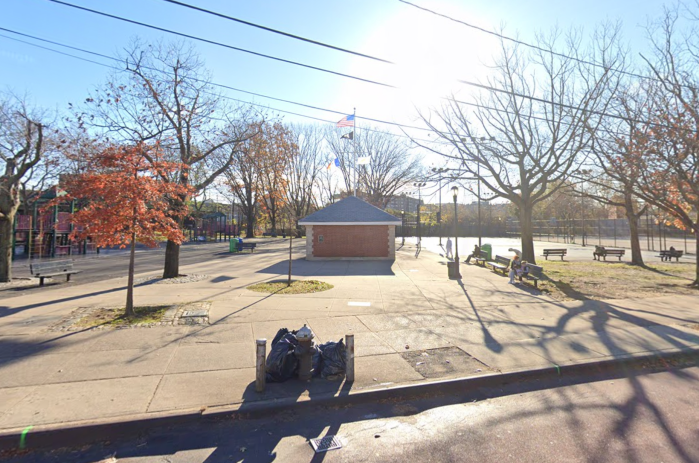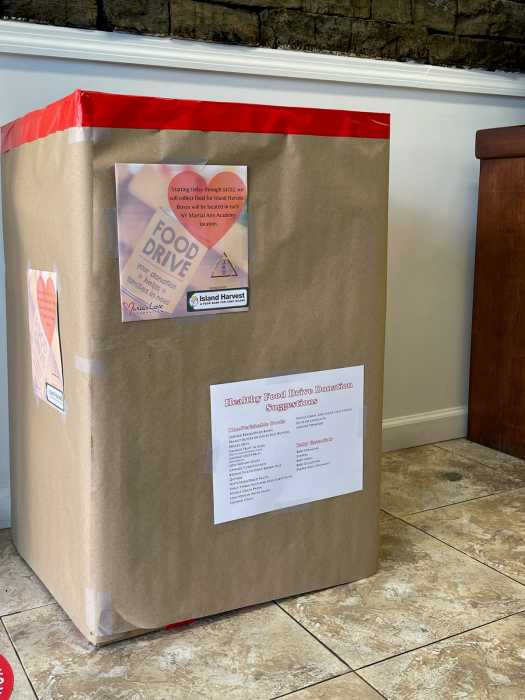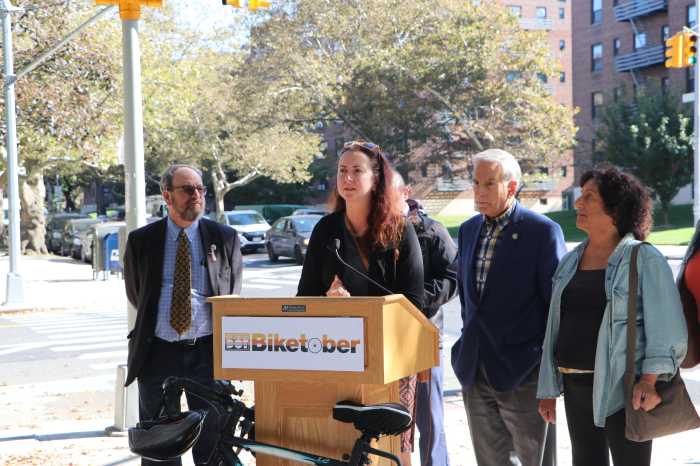This article was originally published on by THE CITY. Sign up here to get the latest stories from THE CITY delivered to you each morning.
Mayor Bill de Blasio postponed planned limits on solitary confinement amid Rikers Island chaos — drawing a rebuke Tuesday from the sister of the woman whose death galvanized the push to end inmate isolation in city jails.
“He disgusts me as a leader,” said Melania Brown, whose sister, Layleen Polanco, died at Rikers on June 7, 2019. “I can’t wait until he’s out. He invoked my sister’s name but he had no intention of wholly, and truly, ending solitary confinement.”
On Monday, de Blasio quietly signed an emergency executive order putting his plan to limit isolation on hold for five days — and likely longer — citing a jail system unable to staff required security posts with more than 1,000 correction officers calling out sick daily.
The mayor’s order also appears to remove any limitation jail officers would have for putting young detainees in so-called restraint desks where their feet are shackled during school instruction.
The new solitary confinement rules — known as a Risk Management Accountability System (RMAS) — had been expected to begin to take effect on Nov. 1.
 Ben Fractenberg/THE CITY
Ben Fractenberg/THE CITYThe executive order, which came 17 months after de Blasio cited Polanco’s story while promising to overhaul solitary confinement rules, was slammed by incarceration reformers and the head of the city’s own jail oversight board.
“While we understand that the Department of Correction is grappling with many challenges in the jails, ending solitary confinement is no less an urgent matter,” said Board of Correction chair Jennifer Jones Austin, who was appointed in March 2020 by de Blasio and previously announced plans to step down next week.
The city’s largest public defender group also criticized the mayor’s order.
“This is a stain on the city’s human rights record without parallel in this administration and should be lifted immediately,” said Mary Lynne Werlwas of The Legal Aid Society Prisoners’ Rights Project.
The order represents a victory for the unions representing jail officers. Those labor groups vehemently oppose any limits to solitary confinement and contend the option to isolate detainees is the only way to keep jails safe.
The de Blasio administration in 2015 ended punitive segregation for people under age 22 and for those with serious mental illness. As a result, the number of detainees in solitary confinement, has gone from 600 people nearly eight years ago to the current 68.
“This revised timeline, made necessary by staffing shortages, does not change our fundamental mission: ending this practice by the end of this year and forging a safer, more humane justice system,” said Mitch Schwartz, a spokesperson for de Blasio.
Solitary Likened to Torture
Under the RMAS plan, detainees who officers say broke rules would be placed in a two-tiered “progression model,” depending on the severity of the offense. People accused of something serious, like slashing someone, would be put in the higher tier.
Most detainees would be able to move through both levels “in no more than 30 days, with up to 15 days in each level,” according to the final rules published by the Board of Correction.
Inmates can be kept longer “in cases where there is specific, documented intelligence that someone poses a serious safety threat if they were to be transferred,” according to the plan.
Some 235 detainees were in some form of restrictive housing, 39 who were in so-called punitive segregation as of Monday, according to the Board of Correction.
Inmate advocates argue the now-delayed new rules don’t go far enough.
They point out there’s no strict limit on how many days a detainee could spend in punitive segregation. Inmate advocates also contend the built-in free time is merely the ability to walk around a fenced-in indoor porch.
 Courtesy of the Department of Correction
Courtesy of the Department of CorrectionJail experts say the best form of isolation involves big, open spaces, for strictly limited times. They also recommend that inmates in those areas should be given intense counseling.
Advocates say the practice of holding people alone in cells for days, and in some cases months, without meaningful human contact amounts to torture. In the city jail system, research has shown that Black and Hispanic detainees are more likely to be thrown in solitary.
The United Nations considers more than 15 consecutive days of solitary confinement to be a form of torture. Colorado implemented that limit after its corrections commissioner spent 20 hours in a solitary cell.
As for de Blasio’s executive order, one Board of Correction insider worried it does more than just put on hold the changes to solitary confinement.
The order is “very broad” and likely eliminates the rule that people behind bars must get at least 14 hours a day out of their cells, according to the board source, who noted members of the oversight body were not given any heads up about the mayor’s plan.
Schwartz said the order does not affect the 14-hour out-of-cell requirement.
The order also gives jail supervisors permission to suspend correction officers who are out sick leave for 30 days without pay.
‘Disorder and Chaos’
The order comes as a federal monitor overseeing the city jail system described the situation as “disorder and chaos,” noting inmate deaths and self-harm incidents are skyrocketing. The department is also plagued by massive absenteeism and low vaccination rate.
Some elected officials have demanded that Gov. Kathy Hochul call in the National Guard, while others have asked President Joe Biden to intervene.
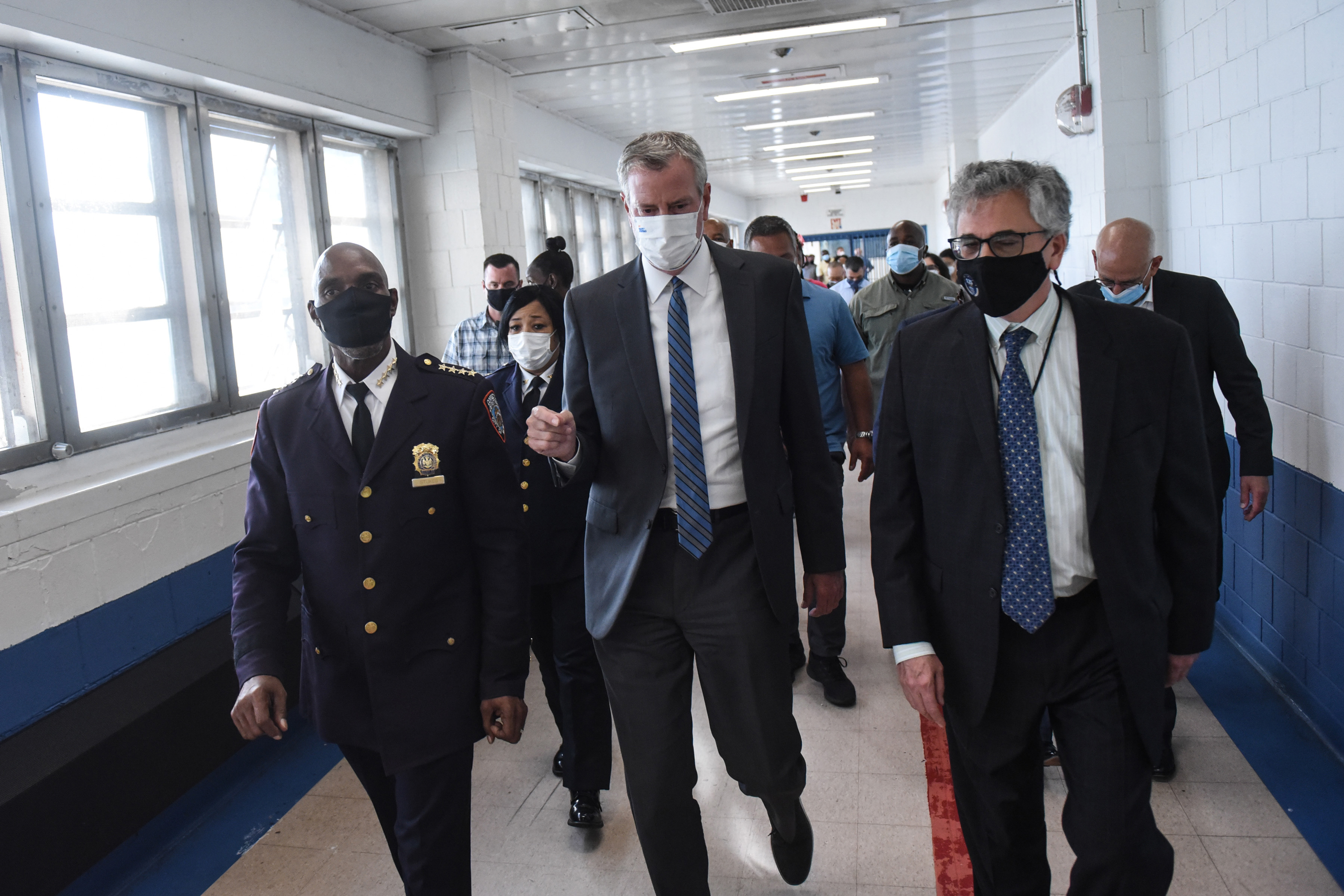 Michael Appleton/Mayoral Photography Office
Michael Appleton/Mayoral Photography OfficeThe future of the use of solitary confinement as a punishment in city jails is murky.
Eric Adams, the Democratic nominee for mayor and front-runner candidate in Tuesday’s election, has called for a “reexamination” of a de Blasio policy eliminating solitary confinement for incarcerated people ages 21 and under — suggesting it should still be an option used with “violent offenders.”
Republican mayoral candidate Curtis Sliwa has urged Hochul to take over the city jail system and called for the hiring of an additional 2,000 officers.
“The whole island is in crisis,” he told reporters. “Somebody’s got to be here to support the actual correctional officers who are under attack, who are being assaulted on a daily basis.”
‘Right the Wrong’
When de Blasio announced the city’s plan to end solitary confinement in June 2020, he cited the case of Polanco, a 27-year-old transgender woman who died in solitary confinement after a seizure, as a cataylst for the change.
“We have to right the wrong,” he said. “We can’t bring her back but we can make change so that no one else goes through such a tragedy.”
 Facebook
Facebook
Polanco, who had a seizure disorder, died on her ninth day of a 20-day sentence in solitary.
She was placed in solitary over a doctor’s objections, according to a scathing report released by the city’s Board of Correction. The report also found that city jail housing policy for transgender inmates like Polanco created “increased pressure” to isolate her.
Polanco had been jailed in lieu of $500 bail for misdemeanor sex work and drug possession charges. An undercover cop picked her up at a West Side hotel, a criminal complaint shows. De Blasio noted that she “should not have been in Rikers to begin with.”
THE CITY is an independent, nonprofit news outlet dedicated to hard-hitting reporting that serves the people of New York.

